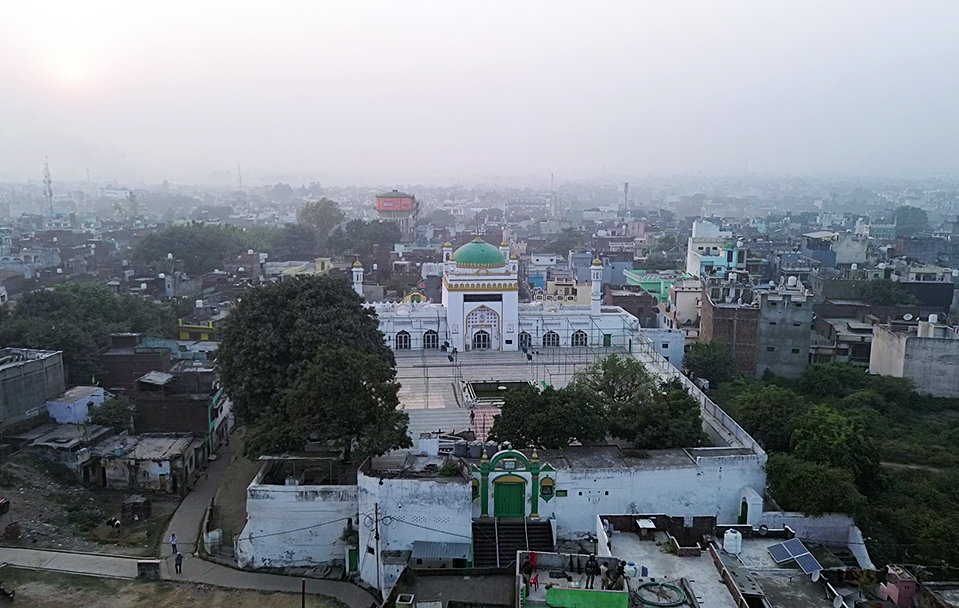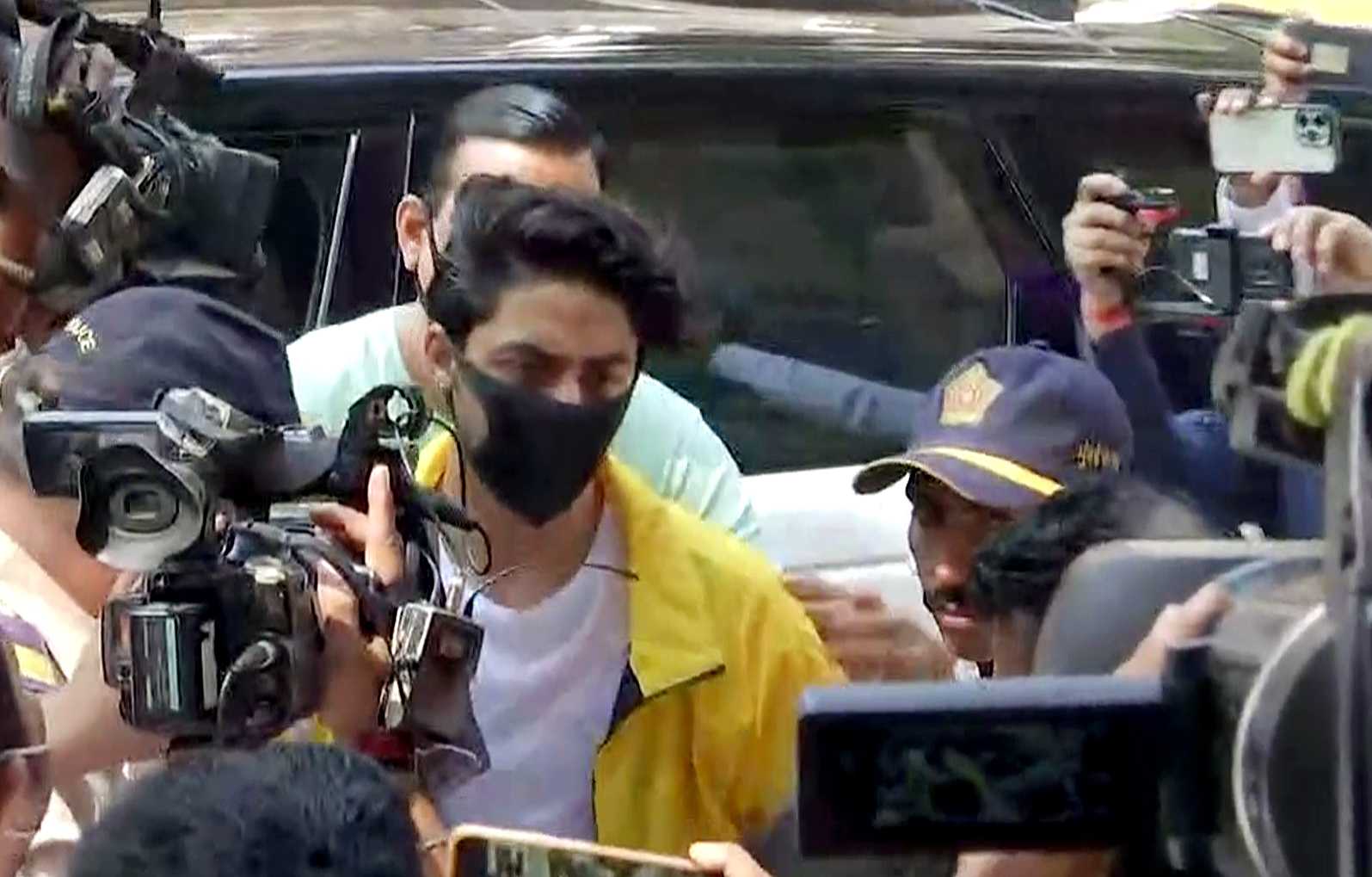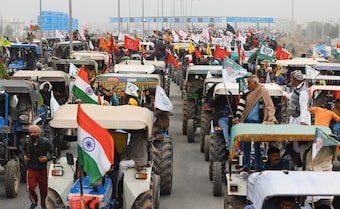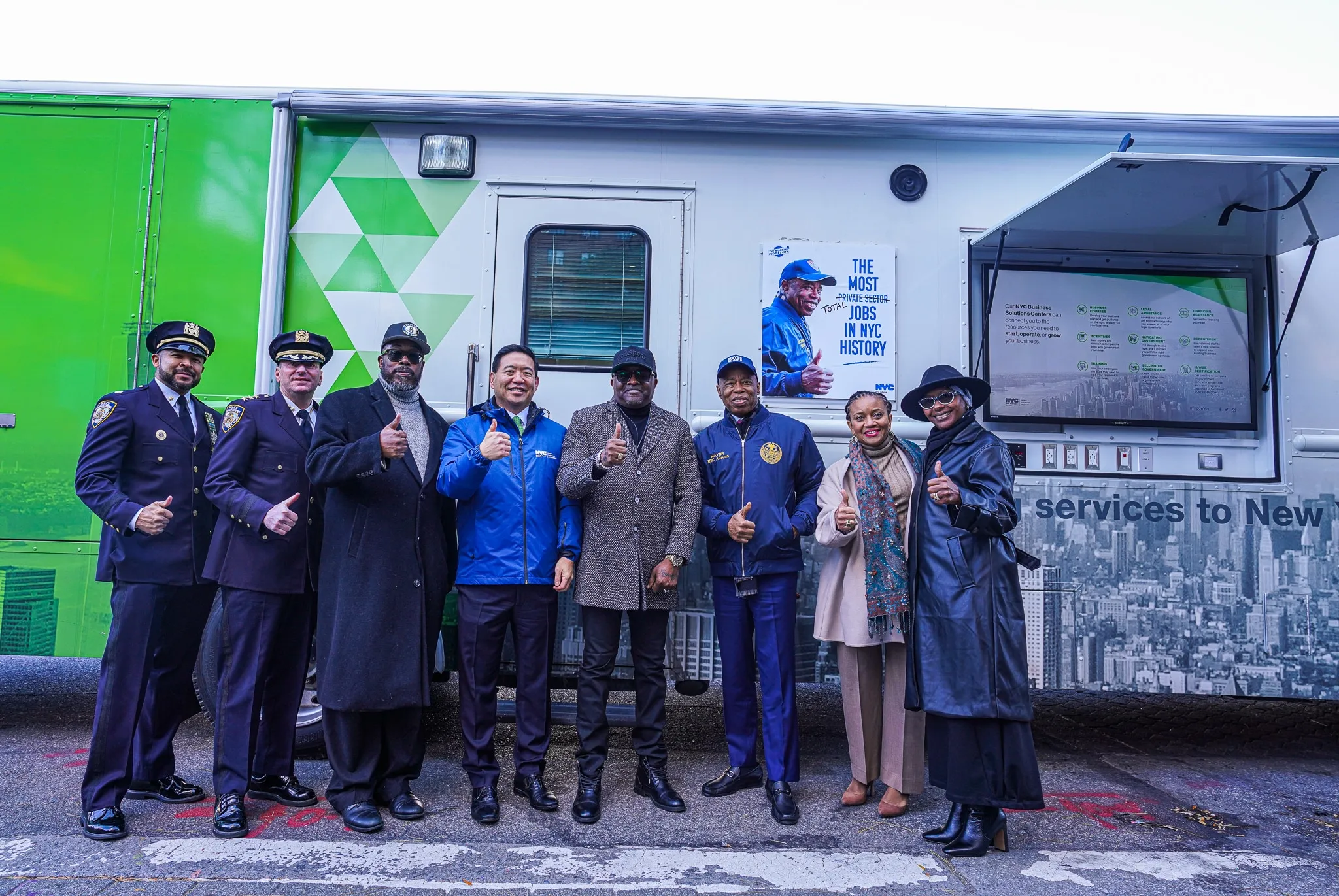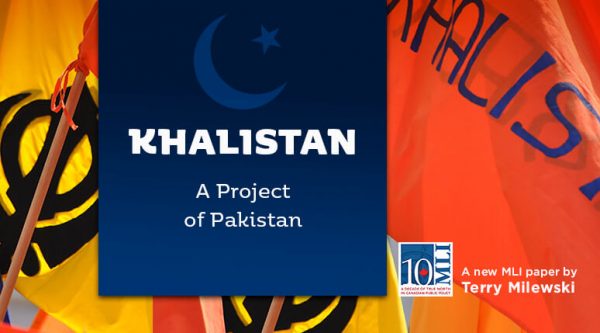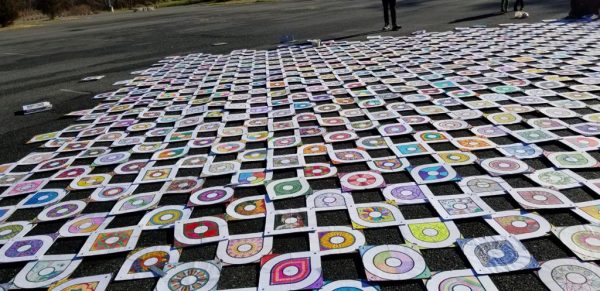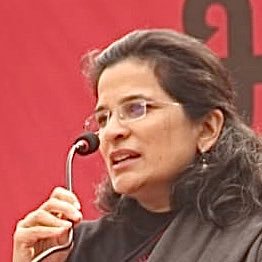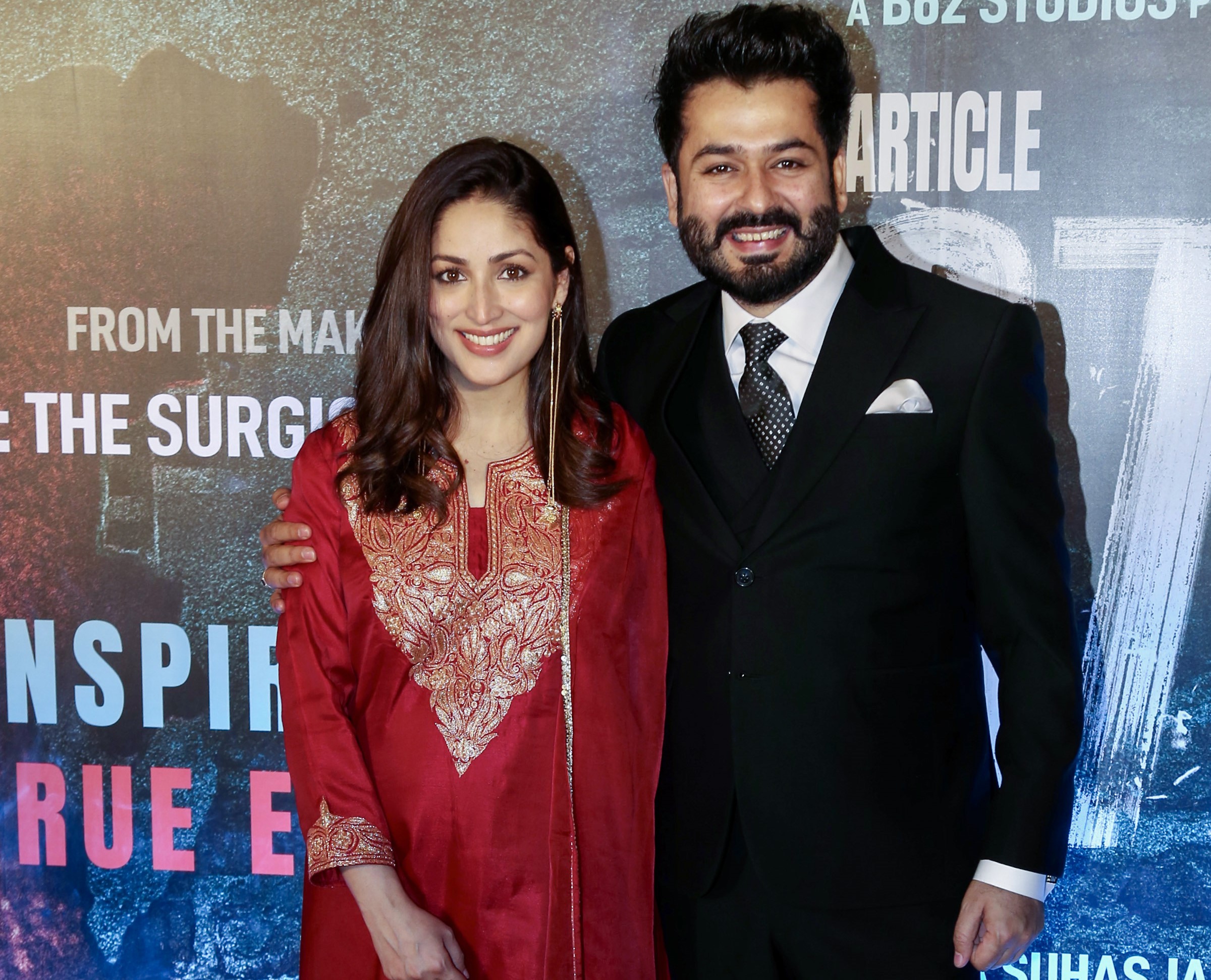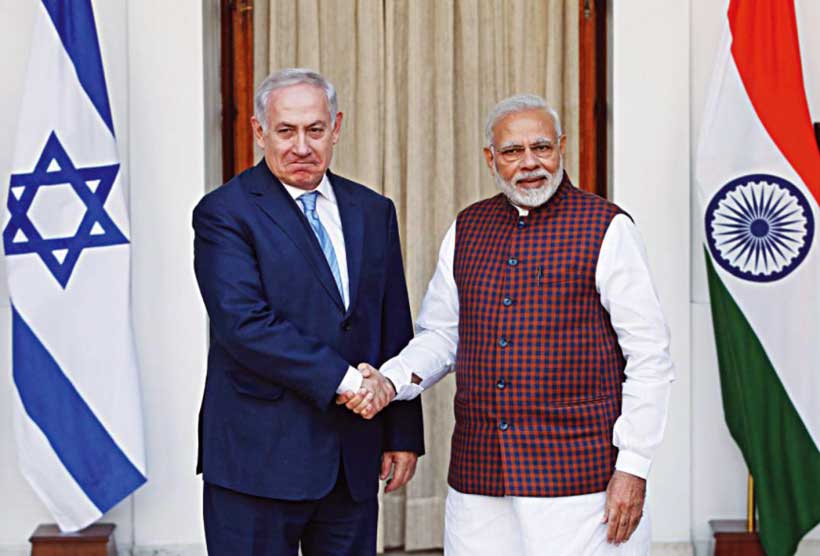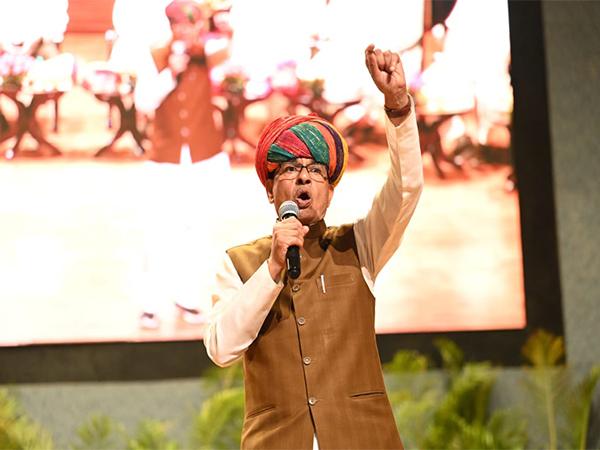The 1991 provision is an Act to prohibit conversion of any place of worship and to provide for the maintenance of the religious character of any place of worship as it existed on August 15, 1947
Our Bureau
New Delhi
The Supreme Court on Thursday restrained all courts across the country from passing any effective interim or final order including orders of survey in pending suits against existing religious structures.
A bench of Chief Justice of India Sanjiv Khanna and Justices PV Sanjay Kumar and KV Viswanathan also ordered that no fresh suits can be registered over such claims while the court is hearing pleas challenging the Places of Worship (Special Provisions) Act, 1991.
“As the matter is sub-judice before this court, we deem it fit to direct that while suits may be filed, no suits would be registered and proceedings undertaken till further orders of this court. In the pending suits, courts would not pass any effective interim order or final orders, including orders of survey,” the bench ordered.
The apex court was informed that at present 18 suits are pending in the country against 10 mosques or shrines. The bench also granted four weeks to Centre to file an affidavit in a batch of petitions challenging certain provisions of the Places of Worship (Special Provision) Act, 1991, that prohibit the filing of a lawsuit to reclaim a place of worship or seek a change in its character from what prevailed on August 15, 1947.
The pleas challenged the Places of Worship Act saying that the Act takes away the rights of Hindus, Jains, Buddhists, and Sikhs to restore their ‘places of worship and pilgrimages’, destroyed by invaders.
Daughter of the Kashi Royal Family, Maharaja Kumari Krishna Priya; BJP leader Subramanian Swamy; Chintamani Malviya, former Member of Parliament; Anil Kabotra, a retired army officer; advocates Chandra Shekhar; Rudra Vikram Singh, resident of Varanasi; Swami Jeetendranand Saraswati, a religious leader; Devkinandan Thakur Ji, resident of Mathura and a religious guru and advocate Ashwini Upadhyay among others have filed the pleas in the apex court against the 1991 Act.
The 1991 provision is an Act to prohibit conversion of any place of worship and to provide for the maintenance of the religious character of any place of worship as it existed on August 15, 1947, and for matters connected therewith or incidental thereto.
Jamiat Ulama-i-Hind, India Muslim Personal Law Board, Committee of Management Anjuman Intezamia Masjid which manages the mosque in the Gyanvapi complex, Shahi Idgah mosque committee of Mathura, among others, also filed applications in the top court against the petitions challenging the validity of certain provisions of the 1991 law.
They challenged the petitions filed by some Hindu petitioners saying that entertaining the pleas against the Act will open floodgates of litigations against countless mosques across India.
“The Places of Worship Act 1991 is void and unconstitutional for many reasons,” the plea said, adding that it offends the right of Hindus, Jains, Buddhists, and Sikhs to pray, profess, practice and prorogate religion (Article 25), the petitions said.
Ashwini Upadhyay, a key petitioner challenging the Places of Worship (Special Provisions) Act, 1991, on Thursday described the law as “unconstitutional,” arguing that it blocks access to the courts and provides no alternative legal mechanism.
Speaking to ANI, Upadhyay pointed out that while the Waqf Act also limits access to courts, it offers alternative forums such as the Waqf Tribunal or board.
“The law states that the religious character of a place cannot be altered. We agree with this principle, but historical facts show that the Mughals modified the religious character of certain places. Our demand is for the restoration of their original character. Right now, I am in the Supreme Court dressed in black robes, resembling a lawyer. If I wear a tilak, I may appear Hindu; if I wear a cap, I may appear Muslim. My outward appearance can change, but determining my true character would require an investigation,” he said.
“Similarly, whether a structure is a temple or a mosque cannot be judged by its outward appearance alone. A survey is crucial to establish this. No law should obstruct access to the courts. The Places of Worship Act bars such access without providing any alternative tribunal or board, making it unconstitutional,” he added.
The petitioner further emphasized that the issue transcends religious identities and concerns the sovereignty of India. “The opposing side argued for halting surveys at 18 sites across the country, but we opposed this since those supporting these sites have not even approached the court,” he said.
















